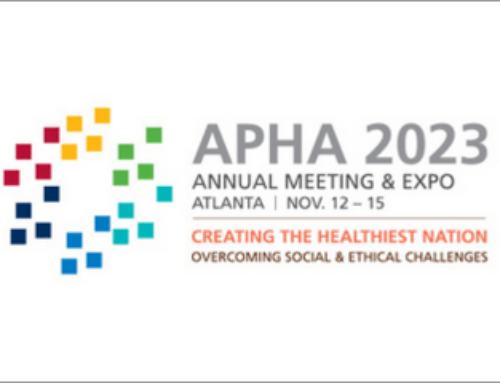The Health and Human Services Department announced that 105 groups nationwide will receive federal grants totaling $67 million under the Affordable Care Act to serve as “navigators” for the insurance exchanges, the New York Times reports.
The 37 exchanges that will be operated solely by or in partnership with the federal government are required to have at least two certified navigator entities, one of which must be a not-for-profit. Navigator workers must provide “fair, impartial and accurate information that assists consumers with submitting the eligibility application, clarifying distinctions among [qualified health plans] and helping qualified individuals make informed decisions during the health plan selection process.”
In a final rule released last month, CMS specified that navigator workers must be affiliated with certain community organizations, such as churches, and undergo at least 30 hours of training before they can be qualified as a “certified application counselor.” In addition, navigators must not be affiliated with the insurance industry. States with their own exchanges can establish more rigorous selection and training requirements for in-person assisters.
Federal officials said the navigator grants were awarded to groups based on the number of uninsured residents in their states. Groups in Florida and Texas, which have two of the largest uninsured populations in the country, received grants totaling $7.8 million and $11 million.
The 105 recipients of the grants include hospitals, Indian tribes, local food banks, patient advocacy groups and universities. Among the largest grants were:
- $5.9 million, to United Way of Metropolitan Tarrant County in Texas;
- $4.2 million, to the University of South Florida in Tampa;
- $2.2 million, to the Structured Employment Economic Development Corporation in Atlanta;
- $2 million, to the North Carolina Community Care Networks;
- $2 million, to the Ohio Association of Foodbanks; and
- $1.3 million, to Michigan Consumers for Healthcare.








